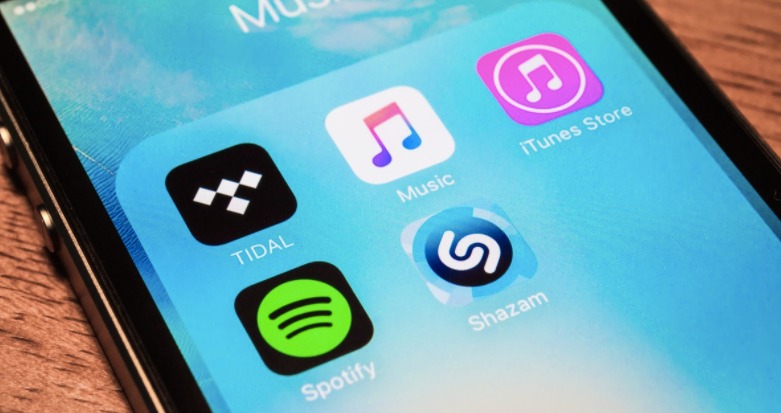What led to EU fining Apple €500m for music streaming?
4 min read
European Commission to reportedly penalize Apple for ‘unfair trading conditions’ following Spotify complaint.
Contents
Allegedly, EU imposes €500m fine on Apple for music streaming.
Apple is facing a €500m (£427m) fine for purportedly obstructing competitors in the music streaming sector.
According to the Financial Times, the European Commission, the EU’s executive branch, will impose the penalty following an extensive investigation.
What’s prompting the potential fine for Apple?
Following a 2019 complaint by Spotify, the EU has probed Apple’s role in the music streaming app sector, narrowing its focus to specific limitations imposed on app developers by Apple. These constraints hinder developers like Spotify from informing iPhone and iPad users about cheaper music subscriptions offered outside the App Store. Spotify contends that this favors Apple Music, its competitor.
The situation represents another instance of legal disputes regarding Apple’s App Store, a pivotal digital platform criticized by companies utilizing it. Spotify, a vocal opponent of Apple’s App Store policies, particularly objects to the 30% fee on apps and in-app purchases. Recently, Apple has taken steps to address some of these concerns, prompted by the EU’s Digital Markets Act (DMA), announcing its decision to permit EU customers to download apps without necessitating the use of its store.
What is the EU’s perspective on Apple’s conduct?
The EU refrained from commenting directly but hinted at forthcoming punishment for Apple in February of the previous year when it issued a new statement of objections regarding the case, a formal procedure in which Brussels outlines its apprehensions about a company’s actions. The commission expressed its view that the restrictions constituted “unfair trading conditions” violating Article 102 of the Treaty on the Functioning of the European Union, or in simpler terms, abuse of a dominant position within a particular market. Specifically, the commission raised concerns that these restrictions hinder developers from “informing consumers about where and how to subscribe to streaming services at lower prices.”
What follows now?
According to the FT, the commission is set to unveil the fine in the early part of the upcoming month. The maximum penalty for anti-competitive behavior is limited to 10% of a company’s global turnover. For Apple, this suggests a potential fine of $30 billion (£24 billion), although the FT indicates the final amount will likely be significantly less. Apple will have the opportunity to challenge any decision made by the commission through an appeal process.
What are Apple and Spotify’s statements regarding the matter?
Both parties refrained from commenting on Monday. Apple stated last year that its store had contributed to Spotify’s rise as Europe’s leading music streaming service and expressed its hope that the commission would “cease its pursuit of a complaint that has no merit.” However, according to the FT, it appears unlikely that this will be the case.
Spotify has asserted that its complaint against Apple aims to establish a “level playing field,” contending that the App Store restrictions provide an advantage to Apple’s proprietary streaming service, Apple Music.
What is the opinion of experts?
According to Anne Witt, a professor of antitrust law at EDHEC business school in France, Apple is already confronting a more stringent regulatory landscape with the implementation of the DMA, which encompasses major digital “gatekeepers” like Apple. As a result of this legislation, Apple has started to allow competition within its App Store. Witt suggests that if Apple faces repercussions following the Spotify complaint, it will demonstrate that the commission doesn’t anticipate the DMA to overshadow EU competition procedures.
“The commission has emphasized from the outset that the DMA was not intended to supplant but to complement the competition rules,” Witt explains. “This decision is likely intended to confirm this commitment. However, whether it will prove effective in the long term remains uncertain, as the DMA is expected to be a much more potent (yet less nuanced) tool.”
On the other hand, the Open Markets Institute, a research organization studying the effects of corporate monopolies, argues that the reported fine’s magnitude won’t significantly impact Apple.
“It’s too insignificant to give Apple any substantial motivation to adhere to the regulations – €500m is roughly equivalent to its revenue in just half a day,” says Max von Thun, the OMI’s Europe director.



